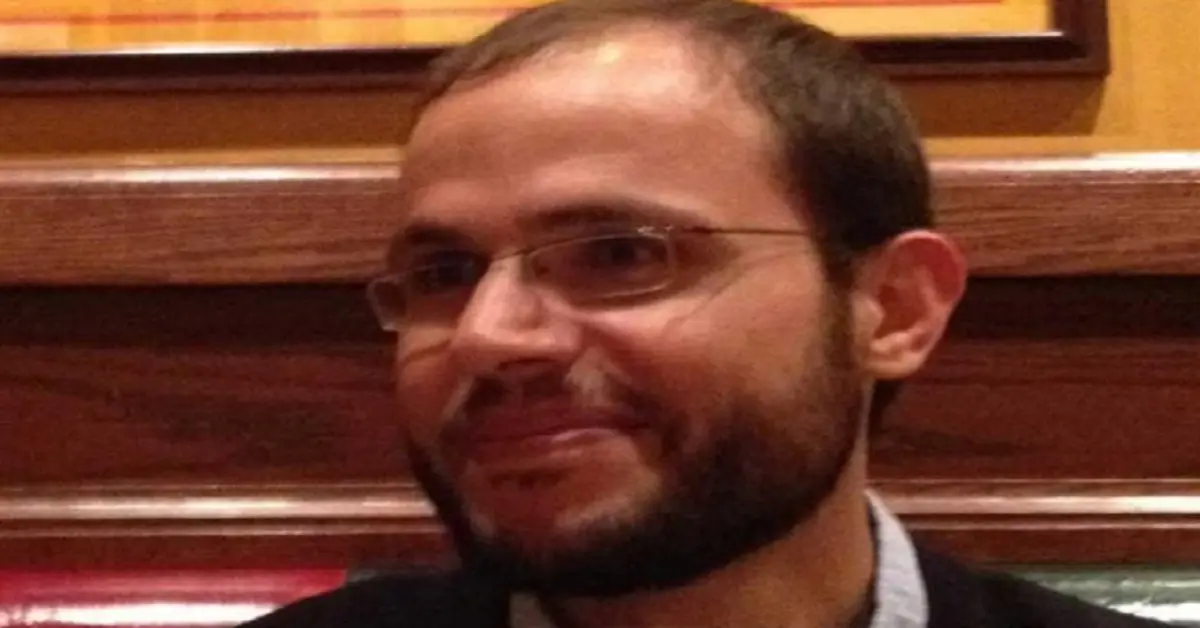Introduction to Refaat Alareer
Refaat Alareer is a prominent writer, educator, and activist from Gaza who has dedicated much of his life to portraying the Palestinian struggle through literature. His works reflect not only the trials of living under siege but also the resilience of his people. As an influential figure in both academic and literary circles, Alareer stands out as a critical voice for Palestine, often blending his experiences with broader human rights issues.
Early Life and Education
Born and raised in Gaza, Refaat Alareer’s early years were deeply shaped by the conflict around him. He grew up witnessing the daily challenges that come with life in an occupied territory. Despite these hardships, Alareer pursued his education passionately. He earned a degree in English Literature and later went on to complete advanced studies, becoming an academic specializing in English and comparative literature. His education laid the foundation for his future career as a writer and academic.
Refaat Alareer’s Writing Career
Alareer’s journey into writing was fueled by his desire to tell the world about Gaza’s reality, a place often overshadowed by political headlines and war-torn imagery. His early writings focused on personal stories and the emotional toll of conflict, which allowed him to connect deeply with readers around the globe. As his career progressed, his works began to capture not just individual struggles but also the broader fight for justice and freedom in Palestine.
Themes in Alareer’s Work
A recurring theme in Refaat Alareer’s work is the experience of living in Gaza and the overarching Palestinian struggle for freedom. His writing often depicts the loss, pain, and trauma endured by Palestinians, but it also emphasizes resilience, hope, and the pursuit of justice. Through personal narratives, Alareer humanizes the political, transforming statistics and news reports into relatable stories of individuals caught in the turmoil.
Academic Contributions
Refaat Alareer is not just a writer but also a respected academic. He has taught English literature at various institutions, and his work in Middle Eastern studies has made significant contributions to the academic understanding of Palestinian culture and literature. His lectures and academic papers provide nuanced insights into the socio-political dynamics of Gaza and how they shape the literature emerging from the region.
Editor of “Gaza Writes Back”
One of Alareer’s most renowned projects is his role as the editor of “Gaza Writes Back,” an anthology of short stories written by young Palestinians. The book, which was released following the 2008-2009 Israeli offensive on Gaza, offers powerful first-hand accounts of life under occupation. Each story gives a voice to the voiceless, offering readers around the world an unfiltered glimpse into the personal side of the conflict.
Refaat Alareer’s Writing Style
Alareer’s writing style is marked by vivid imagery, emotional depth, and a strong use of metaphor. His ability to weave personal stories with universal themes makes his work both accessible and profound. The symbolism he employs often reflects the larger political situation, turning everyday objects and events into representations of resilience and hope.
Impact of Refaat Alareer’s Work
Internationally, Alareer’s work has gained considerable recognition, particularly for how it amplifies the Palestinian narrative. His books, essays, and lectures have reached audiences far beyond the Middle East, fostering a greater understanding of the human impact of the Israeli-Palestinian conflict. His ability to present Gaza not just as a place of struggle but also of hope has shifted global perceptions.
Challenges and Obstacles
Living under siege in Gaza has presented Alareer with countless challenges. Restrictions on movement, limited access to resources, and constant danger have all influenced his work. Yet, these obstacles have also made his voice more powerful, as he writes from the heart of the struggle, offering a perspective that few outside the region can truly understand.
Refaat Alareer’s Role in Palestinian Activism
Alareer’s contributions extend beyond literature. He is an active participant in the Palestinian cause, using his platform to advocate for human rights and justice. Whether through public speaking, social media, or his writings, Alareer bridges the gap between activism and literature, using his voice to challenge oppression and advocate for change.
Alareer’s Social Media Influence
Refaat Alareer is also an influential figure on social media platforms like Twitter, where he engages with a global audience. His posts often highlight the plight of Palestinians, but they also celebrate the culture, humor, and resilience of his people. By using these platforms, Alareer has been able to connect with readers and activists worldwide, raising awareness about the ongoing situation in Gaza.
Personal Life and Family
While much of his public life is devoted to activism and writing, Alareer’s family plays a central role in his work. His personal experiences as a father and husband are often reflected in his writing, providing a more intimate view of the emotional toll that conflict takes on families in Gaza.
Alareer’s Vision for the Future
Despite the hardships, Refaat Alareer remains hopeful for the future of Palestine. He believes in the power of literature to inspire change and hopes that the younger generation of Palestinians will continue to write and share their stories. His vision includes a free Palestine, where his people can live with dignity and peace.
Criticism and Controversy
Like many activists, Alareer has faced criticism for his outspoken views on the Israeli-Palestinian conflict. His political stance has sparked controversy, but he remains steadfast in his beliefs, using public discourse as an opportunity to engage and educate others.
Conclusion
Refaat Alareer’s work is a testament to the power of words in the face of adversity. Through his writing and activism, he has become a crucial voice for the people of Gaza and the broader Palestinian cause. His legacy, both as an academic and as a writer, continues to inspire readers and activists worldwide.
